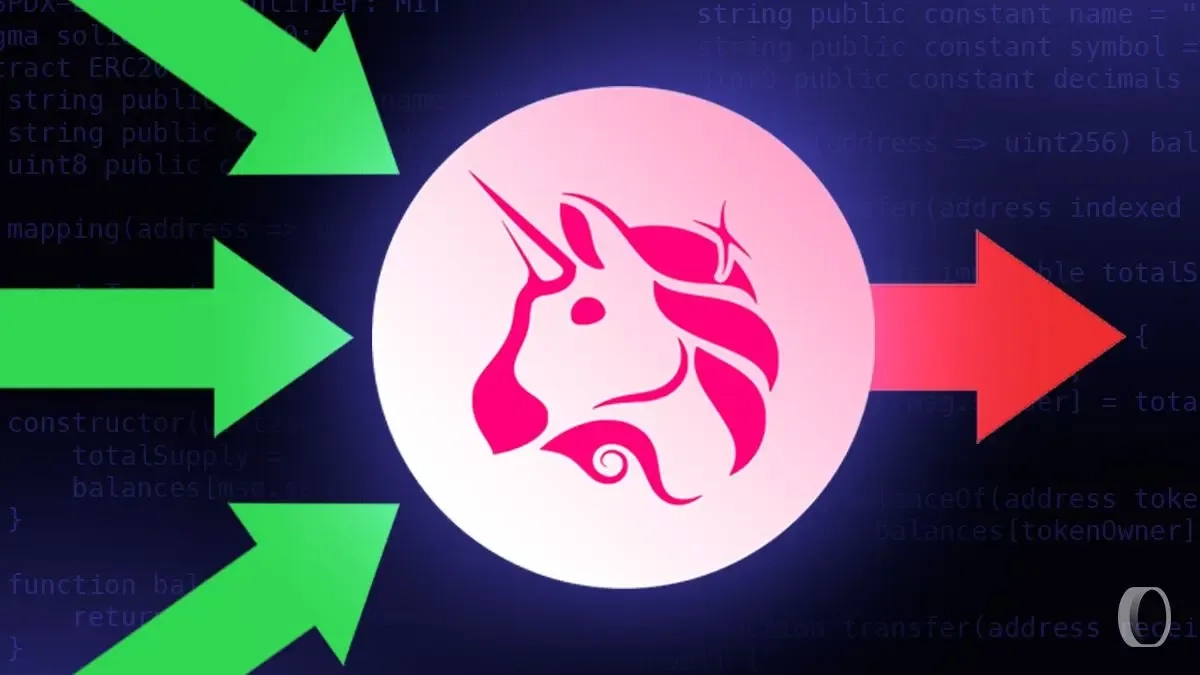The Essential Guide to Becoming a Blockchain Investigator

In recent years, blockchain technology has revolutionized the way digital transactions are conducted, offering transparency, security, and decentralization. However, alongside its benefits, blockchain has also become a medium for various illicit activities, including fraud, money laundering, and cybercrimes. This growing need to maintain integrity and security has led to the emergence of a specialized profession: the blockchain investigator. If you’re intrigued by the intersection of technology, law enforcement, and finance, this guide will walk you through everything you need to know to become a proficient blockchain investigator.
Understanding the Role of a Blockchain Investigator
A blockchain investigator is a professional who specializes in tracking and analyzing blockchain transactions to uncover fraudulent activities and enforce compliance with regulations. Unlike traditional financial investigations, blockchain investigations require a deep understanding of how blockchain technology works, including cryptographic protocols, transaction flows, and digital wallets.
Blockchain investigators work closely with law enforcement agencies, cybersecurity firms, regulatory bodies, and financial institutions. Their primary responsibility is to trace the flow of digital assets, identify suspicious patterns, and help attribute blockchain addresses to real-world entities. The goal is to prevent and solve crimes such as ransomware attacks, darknet market activities, Ponzi schemes, and insider trading.
Why Become a Blockchain Investigator?
The rapid growth of blockchain adoption in industries such as finance, healthcare, and supply chain management has increased the demand for professionals capable of navigating this complex technology to protect users and organizations. Becoming a blockchain investigator offers numerous benefits:
- High Demand and Growing Opportunities: With the rise of cryptocurrency-related crimes, companies and governments increasingly need experts who understand blockchain analytics.
- Cutting-Edge Technology Exposure: Working in this field means engaging with the latest advancements in cryptography, data science, and forensic tools.
- Impactful Work: Blockchain investigators play a crucial role in fighting cybercrime and ensuring that blockchain ecosystems remain trustworthy.
- Competitive Salary: Given the specialized skill set, blockchain investigators often command lucrative compensation packages.
Essential Skills and Knowledge Required
To become an effective blockchain investigator, you need to develop a combination of technical, analytical, and legal skills.
Technical Expertise
- Blockchain Fundamentals: Deep understanding of blockchain architecture, including how blocks, chains, and consensus mechanisms work.
- Cryptography: Knowledge of encryption, hashing, digital signatures, and public-private key infrastructure used in blockchain transactions.
- Transaction Analysis: Ability to analyze transaction flows, understand wallet structures, and interpret on-chain data.
- Familiarity with Blockchain Platforms: Experience with major blockchains such as Bitcoin, Ethereum, Binance Smart Chain, and others.
- Tools and Software: Proficiency in blockchain forensic tools like Chainalysis, CipherTrace, Elliptic, and open-source explorers.
Analytical Skills
- Data Analysis: Strong skills in analyzing large datasets to detect patterns, anomalies, and suspicious activity.
- Attention to Detail: Meticulous approach to examining transaction histories and linking blockchain addresses.
- Problem-Solving: Capability to piece together fragmented information and develop actionable intelligence.
Legal and Compliance Knowledge
- Regulatory Environment: Understanding of anti-money laundering (AML) laws, know your customer (KYC) policies, and other relevant compliance requirements.
- Investigative Procedures: Familiarity with evidence collection, chain of custody, and reporting standards.
- Collaboration Skills: Ability to work alongside law enforcement and legal teams.
Educational Pathways and Certifications
While there is no single mandatory degree to become a blockchain investigator, certain educational backgrounds provide a strong foundation.
- Degrees in Computer Science, Cybersecurity, or Information Technology: These programs often cover essential skills related to cryptography and data analysis.
- Finance or Criminal Justice: Helpful for understanding financial crimes and legal processes.
- Blockchain-Specific Courses: Online platforms offer courses and certifications tailored to blockchain technology and forensic analysis.
Several certifications can bolster your credibility and knowledge:
- Certified Blockchain Security Professional (CBSP)
- Certified Cryptocurrency Investigator (CCI)
- Certified Anti-Money Laundering Specialist (CAMS)
- Certified Cyber Forensics Professional (CCFP)
Steps to Start Your Career as a Blockchain Investigator
1. Build a Strong Technical Foundation
Begin by mastering blockchain basics, cryptography, and transaction mechanics. Experiment with different blockchains, explore transaction explorers, and practice analyzing real-world blockchain data.
2. Gain Experience with Blockchain Forensic Tools
Familiarize yourself with leading forensic platforms and learn how to trace digital asset movements. Many companies offer trial versions or demos of their tools, which can be invaluable for practice.
3. Understand the Legal and Compliance Framework
Study relevant laws and regulations governing cryptocurrencies and financial crimes. Staying updated with evolving legislation is critical for ensuring investigations comply with legal standards.
4. Network Within the Blockchain and Cybersecurity Communities
Join online forums, attend conferences, and participate in webinars focused on blockchain security and investigations. Networking can open doors to job opportunities and mentorship.
5. Apply for Internships or Entry-Level Roles
Look for roles in cybersecurity firms, law enforcement cyber units, or companies specializing in blockchain analytics. Real-world experience is invaluable in honing your investigative skills.
6. Continue Learning and Evolving
Blockchain technology is constantly advancing. Stay current by reading research papers, attending workshops, and exploring new tools and techniques.
Challenges Faced by Blockchain Investigators
While the field offers exciting opportunities, it also comes with unique challenges:
- Anonymity and Privacy: Many blockchain transactions are pseudonymous, making it difficult to definitively link addresses to individuals.
- Rapid Technology Changes: New privacy coins, decentralized exchanges, and mixers complicate investigations.
- Cross-Jurisdictional Issues: Blockchain crimes often cross borders, requiring collaboration between multiple agencies with differing laws.
- Data Volume and Complexity: Analyzing large volumes of data demands robust computational tools and skills.
The Future of Blockchain Investigation
As blockchain continues to integrate into mainstream finance and commerce, the need for blockchain investigators will grow exponentially. Advances in artificial intelligence and machine learning are beginning to enhance investigative capabilities, allowing for faster detection and prediction of suspicious behavior.
Blockchain investigators will also play a key role in shaping regulatory frameworks and advising policymakers on effective governance. Their insights will help balance innovation with security and compliance, fostering a safer digital ecosystem.
Conclusion
Becoming a blockchain investigator is a rewarding career path that combines technical prowess, analytical thinking, and a passion for justice. By developing a solid foundation in blockchain technology, learning to use forensic tools, understanding the legal landscape, and gaining hands-on experience, you can position yourself at the forefront of this emerging field. As the digital world evolves, blockchain investigators will remain essential guardians, ensuring that transparency and trust prevail in the age of decentralized finance.











